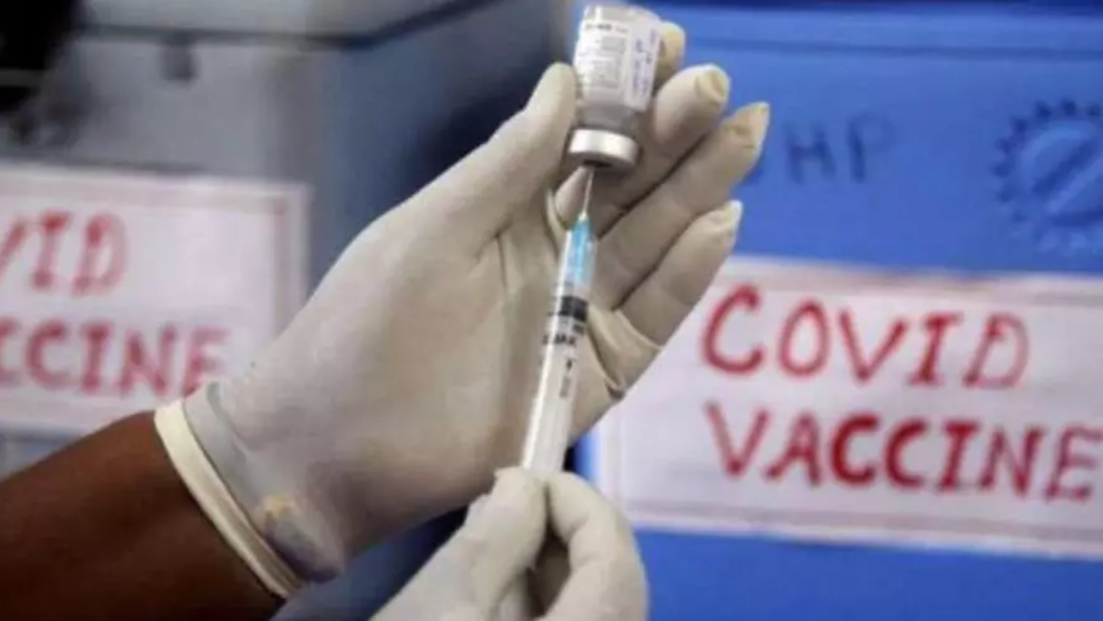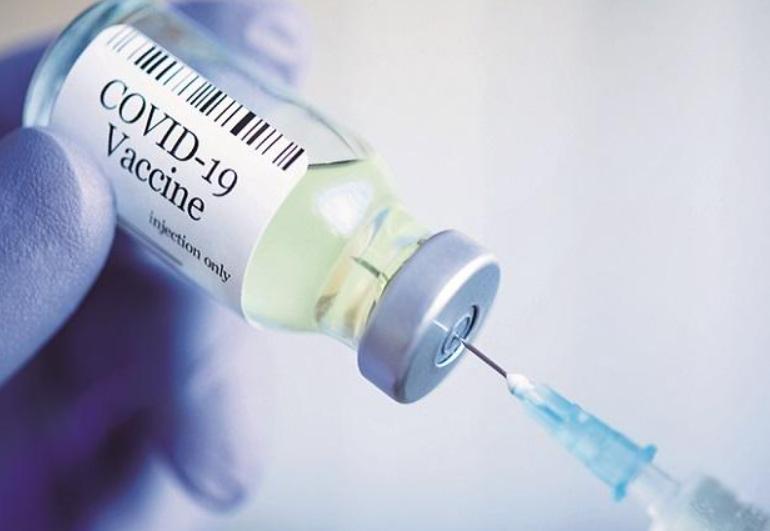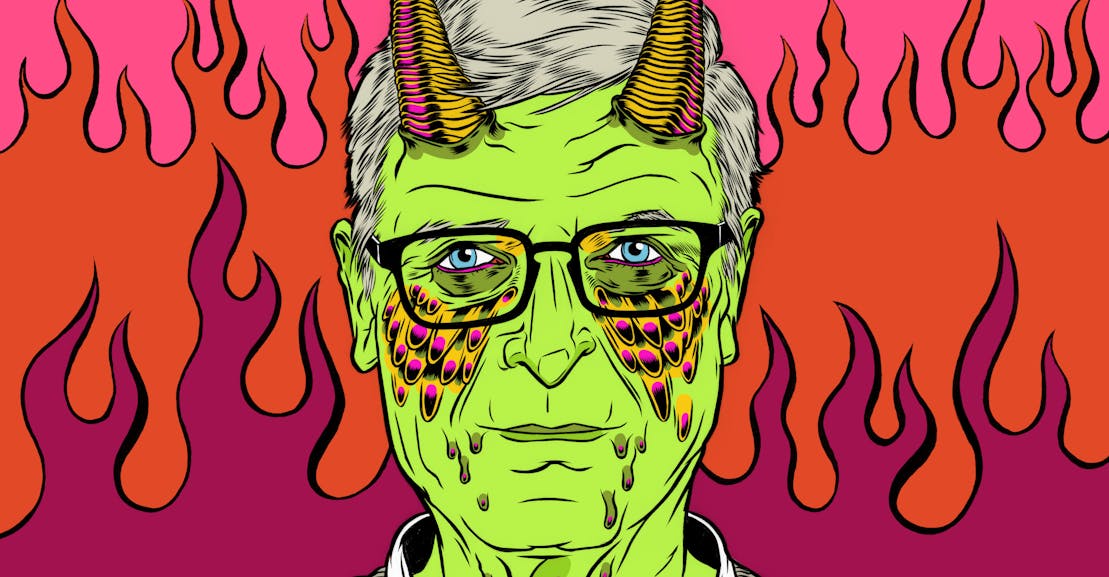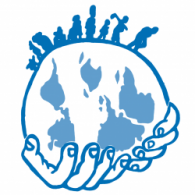Bulletin #1: From the Frontlines of the World Health Assembly

This fortnight
One year after the COVID-19 pandemic started spreading havoc worldwide, health ministers are once again gathering online for the 74th World Health Assembly (WHA74). WHA74 is being held in the midst of an erratic global vaccine rollout, in which rich countries have elbowed their way to most of the available doses, owned by big pharmaceutical giants. Advised by pharma advocates such as Bill Gates, they ignored their own early calls for global solidarity and relied on bilateral agreements with patent holders, allowing a flawed intellectual property system to compromise access for most of the world, and pushed the expected date of achieving wanted vaccination rates globally to 2024.
Rich countries continue to oppose the TRIPS waiver proposal at the WTO, protecting the interests of pharma monopolies. Following worldwide pressure, the unexpected shift in position from the US administration unlocked the negotiations which are set to discuss a revised text at the informal TRIPS Council meeting of 31 May. Opposition remains fierce, and the clock is ticking. We carry an interview with policy analyst Sangeeta Shashikant on the merits of the revised proposal and the upcoming negotiations.
Inequitable access to vaccines has been felt all over the globe, even in those countries boasting strong local production capacities. In India, an erratic pandemic response has caused tremendous strife over the past months. In combination with a health system weakened by a lack of public investment and people-oriented health policies, a late deployment of public production capacities has meant a further postponement of a possible way out of the pandemic. We bring more on the situation in India in one of our articles in this issue.
The inequitable distribution of vaccines means that many health workers in the world have not yet been vaccinated, while they continue to face the pandemic from the front lines. Some of them do so in conditions exacerbated by armed conflict. Health workers in Myanmar have been in the forefront of the resistance movement against the military since the February coup. They have faced persecution and physical harm but will keep fighting for democracy. One of the reports in this issue is dedicated to their struggle.
The United States and other rich countries and their institutions have subjected 39 countries to unilateral sanctions through the pandemic. Countries such as Venezuela, Cuba and Iran have been vocal on the additional challenges these sanctions create for their ability to respond to the Covid-19 crisis. The pandemic needs to be brought under control everywhere to be truly overcome. Inhibiting a country's capacity to respond effectively through embargoes has global implications. The issue has been raised once again during the WHA, from which we bring you the highlights.
We also report on the situation in Palestine, where the 11-day Israeli bombings have worsened the humanitarian crisis brought by the pandemic, against a backdrop of vaccine apartheid. After a heated debate, the WHA 74 adopted a decision critical of the persistent Israeli occupation, which Israel’s allies alleged to be “political” in nature. You can read more on the WHA74 discussion on health conditions in Palestine, as well as the different factors shaping global access to vaccines, in our In case you missed it section.
People’s Health Dispatch is a fortnightly bulletin published by Peoples Dispatch, focusing on the politics of health and people’s initiatives for the right to health, including actions organised by workers. By publishing news and views on the resistance to commodification of health and progressive analyses of health politics, and highlighting events in the Global South, we aim to build a counter-narrative to the corporate media’s take on this sector.
Featured Articles
World Health Assembly 74: One year into the pandemic
One year into the pandemic, the World Health Assembly is holding its annual meeting. The continued financial challenges loomed over delegates as they discussed the possibility of a Pandemic Treaty, local production of medicines, and WHO’s COVID-19 response.

Myanmar’s pandemic coup: Health workers in the forefront of resistance
Four months after the military took power through a coup, Myanmar confronts a spike in COVID-19 cases. How are health workers dealing with the twin challenges of a pandemic and a repressive regime?
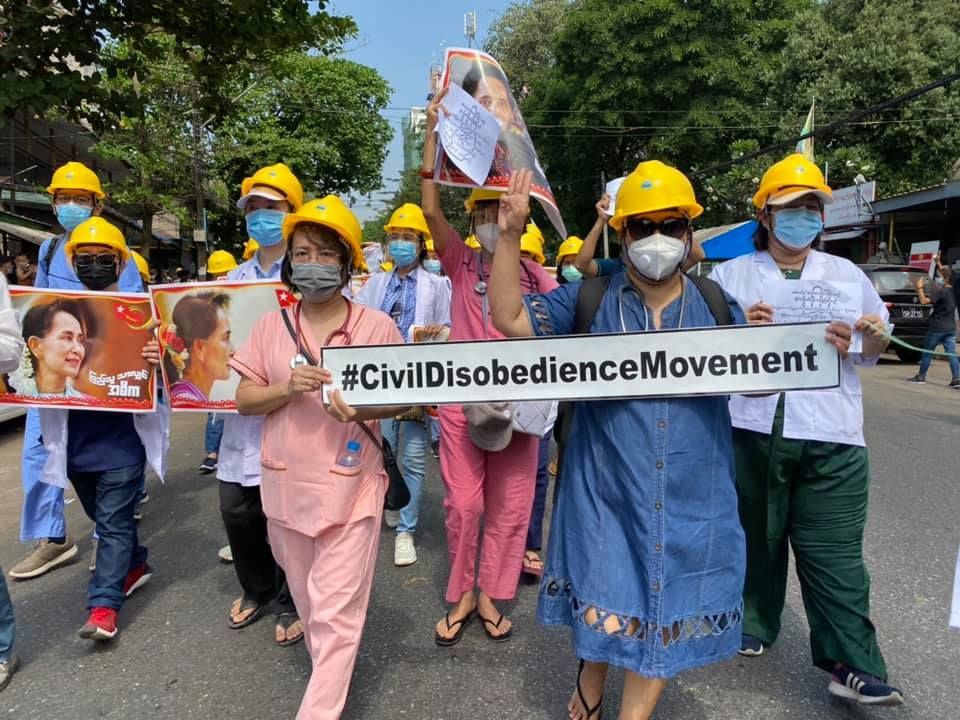
Vaccine apartheid in Palestine: The silent war by Israel
In violation of its obligations and responsibilities as an occupying power, Israel has taken little effort in vaccinating Palestinians, leading to very poor vaccination rates in the occupied territories and the general deterioration of health facilities.
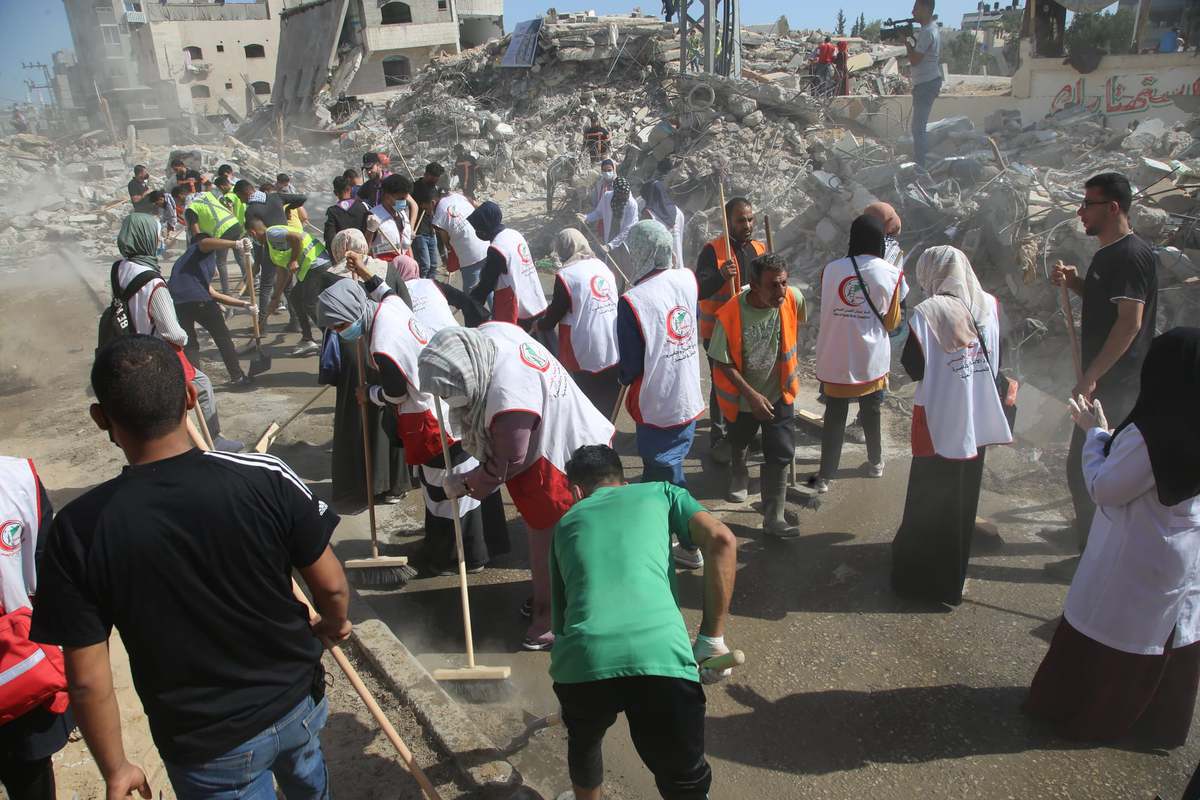
At World Health Assembly, urgent need to lift sanctions comes to the fore
During the 74th session of World Health Assembly, several countries emphasized the need to end unilateral coercive measures which end up serving as a collective punishment by restricting access to basic necessities.

COVID-19 in India: A tale of crumbling health systems and political one-upmanship
India’s government had a year to ramp up its health infrastructure. Instead, crucial time was lost in denial, underestimation, political one-upmanship and blame games.

VIDEO INTERVIEW: What's new in COVID TRIPS waiver negotiations?
Sangeeta Shashikant from the Third World Network talks to us about new developments in the negotiations for the TRIPS-waiver on COVID related products at the World Trade Organization. She discusses the position of different countries, how pharmaceuticals are profiting from the crisis, and the urgent need for the negotiations to be fast tracked and concluded.
Data speaks
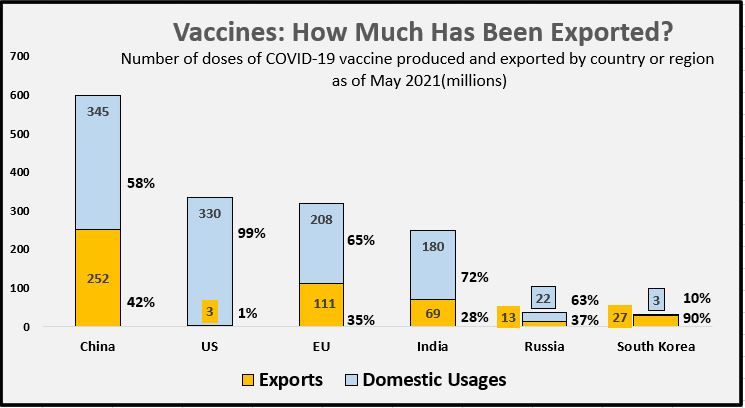
In case you missed it



